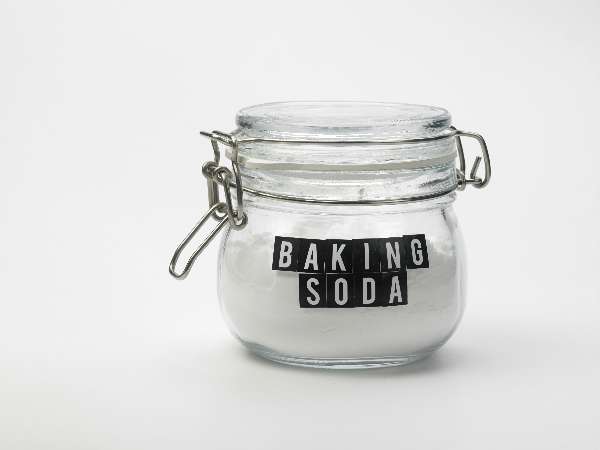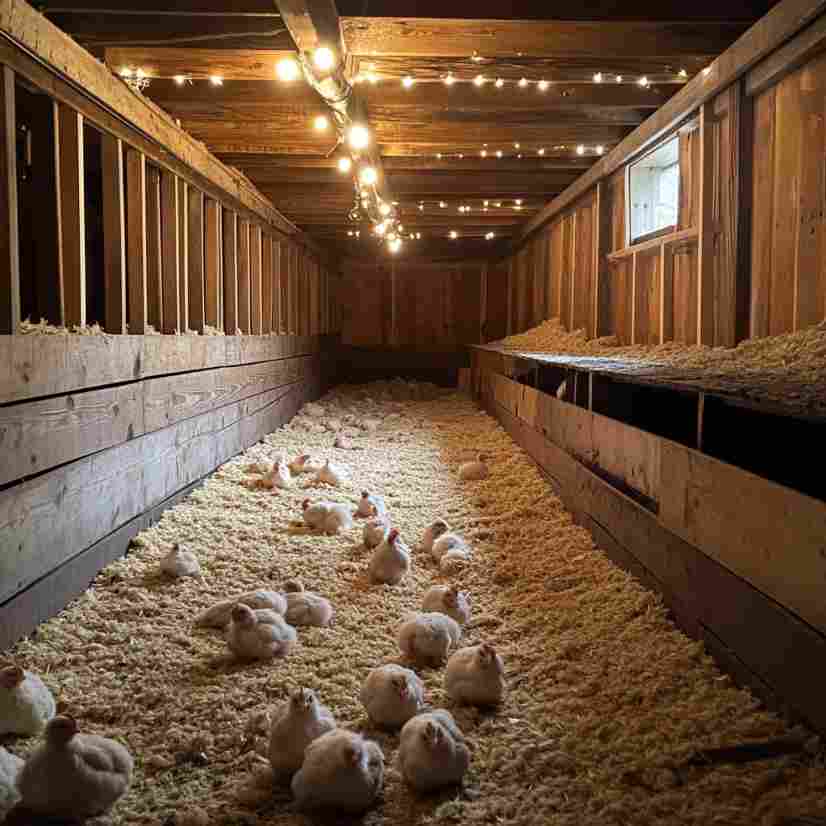How To Clean A Chicken Coop Naturally

Make sure to like Living Green and Frugally on Facebook, Shop at amazon to help support my site and explore our PINTEREST BOARDS for innovative ways you can become self-sufficient.
How To Clean A Chicken Coop Naturally: A Step-by-Step Guide
Keeping your chicken coop clean is crucial for the health and well-being of your flock. A clean coop helps prevent disease, controls odors, and ensures that your chickens have a comfortable, safe environment. While there are plenty of chemical cleaners available, many people prefer to clean their chicken coops naturally, using ingredients that are safe for their birds and the environment. In this guide, we’ll walk you through how to clean a chicken coop naturally, offer useful tips, provide a cleaning schedule, and answer some common questions to help you keep your coop in top condition.
Why Clean Your Chicken Coop Naturally?
Chickens spend a large portion of their lives inside their coop, especially at night and during bad weather. A dirty coop can lead to numerous issues, including respiratory problems, parasite infestations, and bacterial infections. By cleaning your coop naturally, you reduce your chickens’ exposure to harmful chemicals while keeping their environment healthy and safe. Plus, many natural cleaning solutions are less expensive and better for the environment.

What You’ll Need for Natural Coop Cleaning:
Before we dive into the cleaning process, gather the following natural supplies:
- White vinegar: A natural disinfectant that kills bacteria and cuts through grime.
- Baking soda: Great for scrubbing surfaces and neutralizing odors.
- Essential oils (optional): Lavender, eucalyptus, or tea tree oils can provide antibacterial properties and add a pleasant scent to the coop.
- Water: For rinsing and diluting cleaning solutions.
- Scrub brush or broom: To help remove debris and dirt.
- Diatomaceous earth: A natural solution to control mites and parasites.
Step-by-Step Guide to Cleaning Your Chicken Coop Naturally:
- Remove the Chickens: Before you start cleaning, move your chickens to a safe area where they won’t be exposed to dust and cleaning products.
- Clear the Coop: Remove all bedding, nesting materials, and food and water containers. Discard old bedding and use this opportunity to compost it.
- Sweep and Scrub: Use a broom to sweep out all dirt, dust, feathers, and cobwebs. Follow up with a scrub brush and a mixture of water and white vinegar to clean surfaces. White vinegar is a powerful natural disinfectant that cuts through dirt and grime without harmful chemicals. You can mix 1 part vinegar with 2 parts water for an effective cleaner.
- Tackle Stubborn Spots with Baking Soda: For areas with stuck-on dirt or poop, make a paste of baking soda and water and scrub away. Baking soda not only cleans but also helps to eliminate odors.
- Disinfect with Vinegar: Once you’ve scrubbed the coop, spray all surfaces with undiluted white vinegar, focusing on roosts, nesting boxes, and other high-traffic areas. Let the vinegar sit for a few minutes to kill bacteria and then wipe it down.
- Add Essential Oils (Optional): After cleaning, you can add a few drops of essential oils like lavender or tea tree to a spray bottle filled with water. Spray this around the coop to help keep insects away and leave a fresh scent.
- Spread Diatomaceous Earth: Before replacing the bedding, sprinkle diatomaceous earth in the corners and crevices of the coop. This natural powder helps prevent mites, lice, and other parasites.
- Replace Bedding: Use fresh, dry bedding like straw, wood shavings, or hemp bedding. These materials absorb moisture and keep the coop dry.
- Refresh Food and Water Containers: Clean the feeders and waterers with hot soapy water and rinse well. Ensure they are completely dry before refilling.

Chicken Coop Cleaning Tips:
- Do a weekly spot clean: Each week, remove droppings, replace soiled bedding, and give the food and water containers a quick clean. This will keep the coop fresh between deep cleanings.
- Deep clean once a month: A full, deep clean like the one described above should be done at least once a month, or more often if you have a larger flock or live in a wet climate.
- Ventilation is key: Ensure your coop has proper ventilation to prevent moisture buildup, which can lead to ammonia odors and respiratory problems in your chickens.
- Check for pests regularly: During your cleanings, check for signs of mites, lice, or rodents. Diatomaceous earth can help, but it’s essential to stay vigilant for infestations.
Natural Chicken Coop Cleaning Schedule:
- Daily: Quickly spot-check for large droppings, ensure water is clean, and check that food is not spilled or soiled.
- Weekly: Change bedding in nesting boxes, remove visible droppings, and clean water and food dishes.
- Monthly: Complete a full clean, as outlined in the guide, including sweeping, scrubbing, disinfecting, and replacing bedding.
Frequently Asked Questions (FAQs)
1. Can I use apple cider vinegar to clean my coop?
Yes, apple cider vinegar can be used as a natural cleaner. It has antibacterial properties similar to white vinegar but may be less effective for disinfecting larger areas. If using apple cider vinegar, dilute it with water and spray on surfaces for a fresh, safe alternative.
2. How do I know if my coop needs more frequent cleaning?
If you notice a strong ammonia smell, visible droppings build up, or signs of respiratory issues in your chickens (like coughing or wheezing), it’s a sign your coop needs more frequent cleaning.
3. Is diatomaceous earth safe for chickens?
Yes, food-grade diatomaceous earth is safe for chickens and helps prevent mites and lice. Just be sure to avoid over-application and don’t let chickens breathe in excessive dust when applying.
4. Can I use bleach to clean my coop?
While bleach can be effective in sanitizing, it’s not a natural cleaner and can produce harmful fumes. If you’re looking for a more eco-friendly option, stick to white vinegar and essential oils for natural disinfecting.
5. How often should I replace the bedding?
Depending on how many chickens you have and the weather conditions, bedding should be replaced every week or two. Damp, soiled bedding should be removed immediately to prevent the buildup of harmful bacteria and odors.
Cleaning your chicken coop naturally is a simple and effective way to maintain a healthy environment for your flock without resorting to harmful chemicals. By following a consistent cleaning routine and using the right natural materials, you can keep your coop fresh and your chickens happy and thriving.